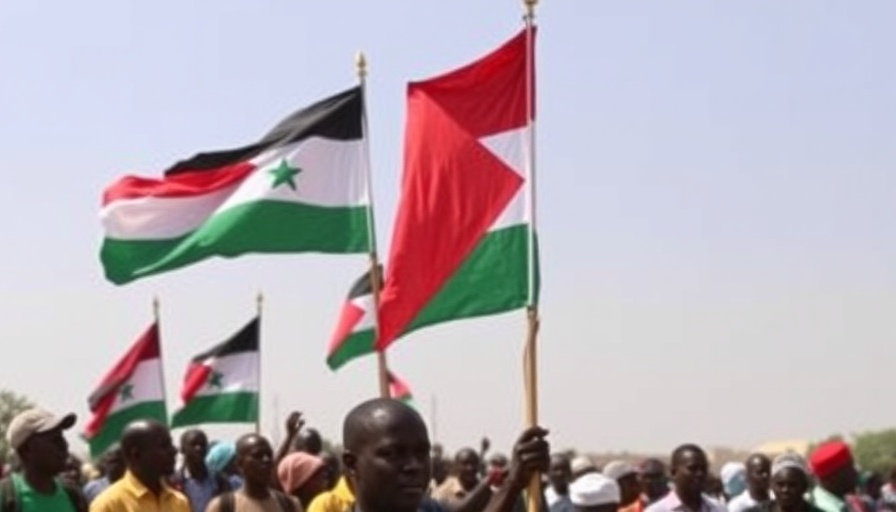
The African Union Takes a Stand Against Sudan's Parallel Government
The African Union's Peace and Security Council is sounding the alarm over Sudan's unstable political landscape, especially regarding the recent establishment of a parallel government by the Rapid Support Forces (RSF) and their allies. In a statement issued after a lengthy deliberation, the AU has made it clear that any support for this government could dangerously jeopardize Sudan's territorial integrity and lead to further fragmentation of a nation already besieged by conflict.
Implications of a Parallel Government: A Threat to National Sovereignty
This latest move by the RSF has raised significant international concerns. The AU's statement urges its member nations and the wider international community to reject recognition of any armed or political factions attempting to partition Sudan, effectively reinforcing the sovereignty of a state already engulfed in civil strife. Historically, such parallel governments have led to disastrous outcomes in conflict-ridden nations; the AU is determined to avoid a recurrence of such scenarios in Sudan.
The Human Cost of Conflict in Sudan
The ongoing clashes between the RSF and the Sudanese military government have led to a staggering loss of life and displacement. With over 30,000 recorded deaths and approximately 12 million people displaced since April 2023, the humanitarian crisis is profound. These figures highlight the urgent need for international intervention and support for peace negotiations rather than the facilitation of rival governments.
Kenya's Role: Balancing Peace Efforts and Political Pressures
The involvement of the Kenyan government in enabling the RSF to establish this parallel government has put its diplomatic reputation on the line. While known for mediating peace agreements in the region, including key accords in Sudan and Somalia, Kenya's initial tacit approval of the RSF raises eyebrows. Following heightened criticism directed at President William Ruto for his perceived closeness to RSF leader Mohamed Hamdan Dagalo, Kenya has since shifted its stance, underscoring the fraught nature of international diplomacy in times of crisis.
Conclusion: A Call for Unified International Support
As the African Union navigates the complexities of Sudan's crisis, the message is unequivocal: there is no room for parallel governance in Sudan. The AU stands firm on preserving Sudan's unity and sovereignty, urging member states and the international community to galvanize support for legitimate political processes rather than divisive rebel factions. The path forward will require not just strong diplomatic resolve but also a genuine commitment to the peace and stability of Sudan and the broader African region.
Engaging in African policies and understanding their implications is critical for business leaders and investors. It’s time to look beyond immediate economic interests and consider the consequences of supporting instability in the region. Stay informed and involved in African dynamics.
 Add Row
Add Row  Add
Add 


Write A Comment